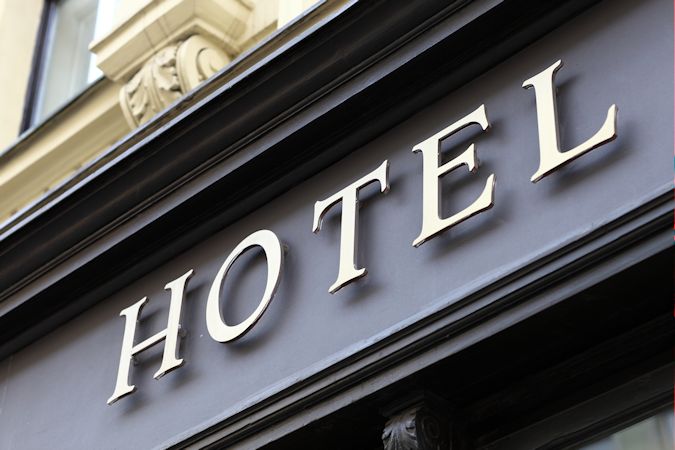SLTA has joined forces with the Scottish Beer & Pub Association (SBPA) and UKHospitality (UKH) to make a compelling case for a thorough review of the impact on businesses of non-domestic rates and “the way the current system discriminates against hospitality and licensed businesses”.
In a joint submission to Derek Mackay MSP, Cabinet Secretary for Finance, Economy and Fair Work and Kate Forbes MSP, Minister for Public Finance and the Digital Economy, the trade associations are calling on the Scottish Government to instruct a review before preparations for the 2022 revaluation are too far advanced.
“Such a review will require much more robust data than is currently available for valuations and will need to be accompanied by a full assessment of the impacts of different approaches on businesses,” they said.
“Looking beyond the hospitality and licensed sector alone, the trade bodies align themselves with calls by other sectors, the APPG and the Treasury Select Committee for reform of an increasingly irrelevant property-based approach to taxing businesses.”
The joint submission highlights the “significant and inconsistent” increases in rateable values experienced in the sector at the 2017 revaluation. It states: “Although ameliorated, in part, by the cap on increases introduced by the Scottish Government, the resultant rates increase impose a significant additional fixed cost burden on businesses at a time when overheads are rising above inflation, putting pressure on margins and raising questions about business sustainability.
“Hospitality and licensed businesses lie at the heart of communities, bring vibrancy and security to high streets and generate significant direct, indirect and induced economic benefits, not least being the employment of 275,000 people.
“The hospitality and licensed sector believes that it is disadvantaged by the current valuation approach which is essentially based on turnover, is unfair and uncompetitive compared to other business sectors and, indeed, to similar businesses in other parts of the UK.
“In support of this view, the trade bodies cite reports prepared by SPICe and the Scottish Government’s own report on the 2017 valuation together with comparisons with other sectors in Scotland and with hospitality and licensed businesses elsewhere in the UK. The sector is determined that the 2022 revaluation should not be a repeat of 2017.”
SLTA, SBPA and UKH submitted evidence to the Barclay Review and have welcomed several of its recommendations. However, they consider it a “missed opportunity” that Barclay was not mandated to conduct a root-and-branch review of business rates.
The submission states: “The trade bodies are determined to avoid a repeat of the furore which followed R2017 and are jointly being advised by Chartered Surveyors Gerald Eve as the process for the 2022 revaluation (R2022) gathers pace.”
In 2017, the SLTA reported “astronomical increases” of up to 600% in rateable values for some pubs and bars and huge discrepancies in RV applied to similar sized businesses. In one instance, premises in Hamilton saw a reduction of 6% in RV but the proprietor’s other business in Baillieston saw an increase of 17.4% in RV despite the trading figures being virtually identical.
Following R2017, SLTA carried out a sample exercise on the new rateable values for premises on the north side of West Maitland Street in Edinburgh which consisted of one public house, two restaurants, one small off-sales, two bookmakers’ shops and six non-licensed premises.
“The findings highlighted the licensed trade sector being targeted unfairly by the assessors in that the two bookmakers’ shops and six non-licensed premises’ rateable value increases fell between 11.4% and 12.2%, as opposed to the two restaurants and the public house rateable value increases which rose between 29.5% and 111.5%,” says the submission.

